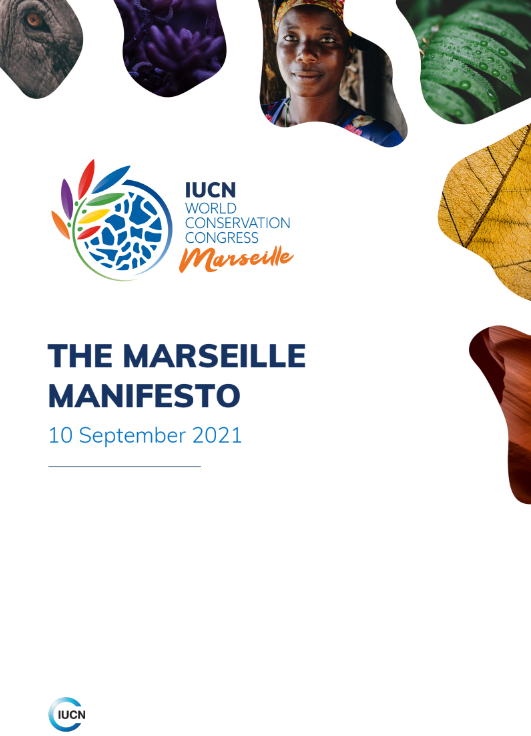The IUCN World Conservation Congress in Marseille comes to a close in the midst of a global pandemic, and escalating climate and biodiversity emergencies. This exacerbates inequalities within and among countries and reinforces global divides.
The climate and biodiversity emergencies are not distinct, but two aspects of one crisis. Unsustainable human activity continues to compound the situation, and threatens not only our own survival but the foundation of life on Earth. We cannot separate ourselves from nature: we are part of nature, and depend upon it for our lives and livelihoods. Our response to these emergencies must be mutually reinforcing. For example, measures designed to address climate change must not lead to further biodiversity loss.
Humanity has reached a tipping point. Our window of opportunity to respond to these interlinked emergencies and share planetary resources equitably is narrowing quickly. Our existing systems do not work. Economic “success” can no longer come at nature’s expense. We urgently need systemic reform.
Yet there is reason to be optimistic. We are perfectly capable of making transformative change and doing it swiftly.
During the global pandemic, we have changed our behaviour to protect our health, and the health of those around us. Fundamental change is again needed if we are to build societies that value, protect, and invest in nature. To invest in nature is to invest in our collective future.

